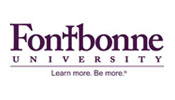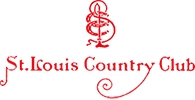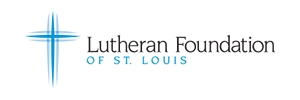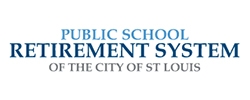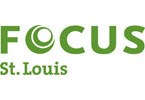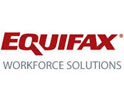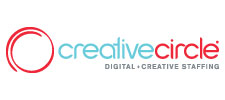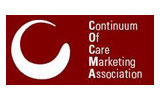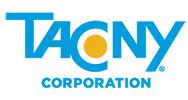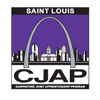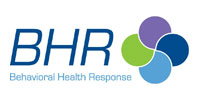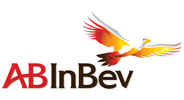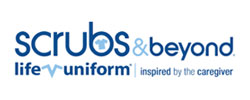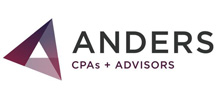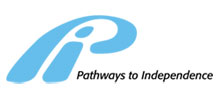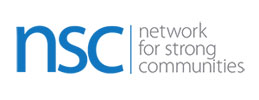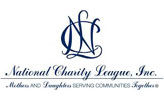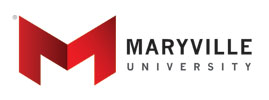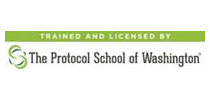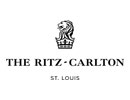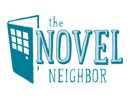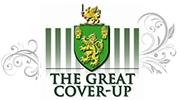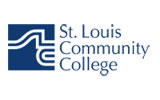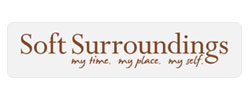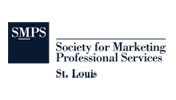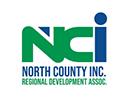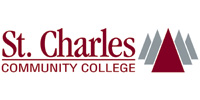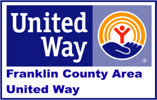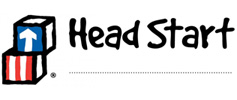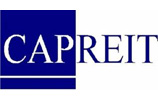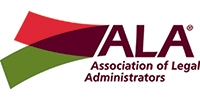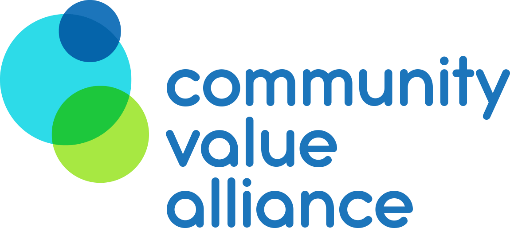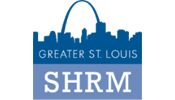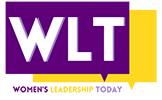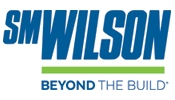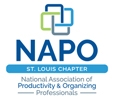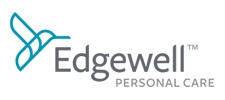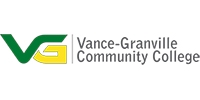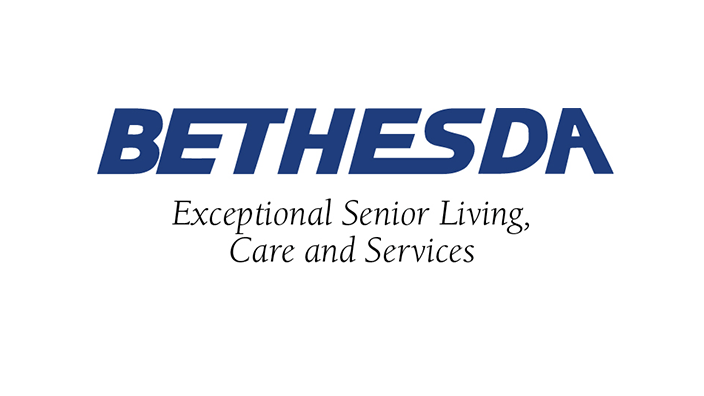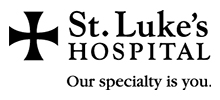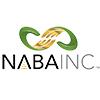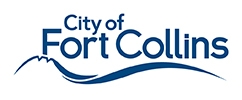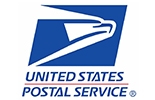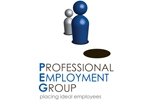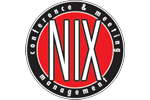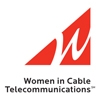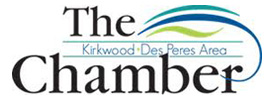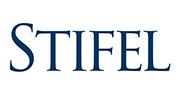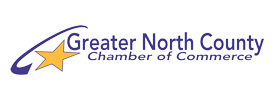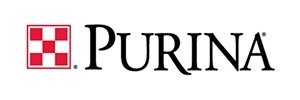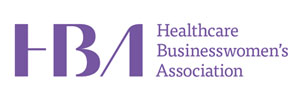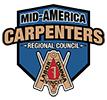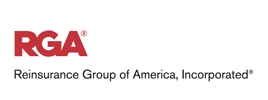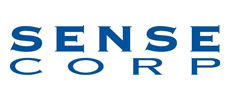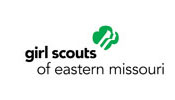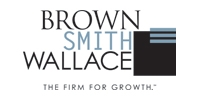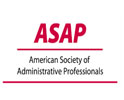
Job hunting during the coronavirus pandemic is daunting, but not impossible
GRACE GLANDER
MAY 18, 2020
Published in VOX Magazine
Unemployment rates across the U.S. have skyrocketed. In Missouri during March, 196,290 initial unemployment claims were filed. For comparison, during a one-week period from the end of March into early April, 82,399 unemployment claims were filed in the state compared to about 2,639 in the same week in 2019, according to USA Today (an over 3,000% increase). As businesses remain closed, the claims continue.
To help you feel prepared as you enter (or re-enter) the job market, Vox gathered tips on landing a job in this difficult time.
You can still job hunt during a pandemic
Amanda Nell, senior coordinator of student services at the MU Career Center, says it’s important for job seekers to “adjust their expectations because all industries have been affected to some degree,” but she says not to give up. She recommends reaching out to people you know — including coworkers, classmates and employers — to express that you’re looking for a job. Nancy S. Imbs, a licensed corporate etiquette specialist at Polished., says “professionals will empathize with you and want to help you succeed.”
Part-time work or temporary jobs are an option, Nell says. Create a plan B to help you reach your longterm goals. It might mean you receive lower pay or a less flashy title, but you can pick up a job that helps you network or gain transferable skills. She said graduates can try to align their skills to suit needs in industries that are still hiring, such as health care, grocery, delivery, online learning and remote communication.
Imbs advises people to treat job hunting as if it is a job itself. “Invest in the process and spend quality time each day in your job search. Start each day with a to-do list of what you would like to accomplish. You will feel more productive when you have an action plan,” she says.
You’ll want to avoid these missteps
Don’t go overboard with color, Nell says. It can be important, but use moderation.
Oversharing personal information can also get your resume put in the “no” pile. Nell finds resumes get tossed when they include a picture. Instead, she advises including the link to your online portfolio or LinkedIn profile. Nell also recommends not disclosing your date of birth or your address, particularly if you need to relocate for the job.
Using boring or generic adjectives won’t show employers why you’d be a unique and valuable hire. Anne Williams, president of JobFinders Employment Services, says people shouldn’t use vague words such as “professional,” “creative” or “hard worker.” If someone wants to use the word “creative,” they can change it to “resourceful,” “innovative” or “agile.” If someone is a good communicator, for example, they need to expand on that statement by saying they are a skilled persuasive writer and a confident public speaker. Nell says highlighting unique strengths and abilities through a summary or bullet points is key.
Hobbies or interests that aren’t related to your professional goals have no place on your resume. Those are nice talking points, Williams says, but space on your resume is limited and should be used for your professional accomplishments.
The same goes for references. Williams recommends printing off a separate piece of paper with your references that you can then hand the hiring manager along with your resume.
You’re right for the job; prove it
Creating a master or running resume is a good place to start. Document everything, and don’t worry about wording or length at first. Write down clubs, organizations, jobs, service learning projects and even class projects for students. After you get everything down, you can cherry-pick experiences that most relate to what you’re applying for. Ask yourself, “What kind of skills did I either acquire or hone doing these kinds of things?” Nell says. Visualize what you’ve accomplished, and figure out what you can develop further on paper.
Have an easy-to-read and engaging format. Keep bullets and indentations consistent, and maintain a balance of ink and white space. Nell says she has seen resumes that are messy or hard to read get passed over even when they have quality content.
The summary statements that give a hiring manager a brief explanation of your skills and experiences should be powerful and compelling. “To me, it’s like a movie trailer,” Nell says. “You’re like, ‘oh, I want to read more.’”
If you’re switching jobs mid-career, highlight your skills that apply to the new job. Nell recommends LinkedIn learning courses and other professional development opportunities, too.
With these tips in mind, your resume will make a great first impression. Once you land the interview, remember to be yourself. Your hard work will pay off.
